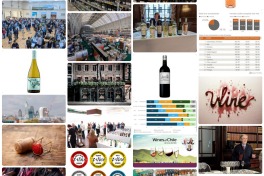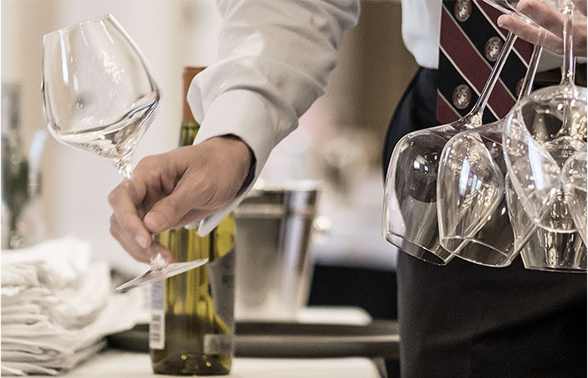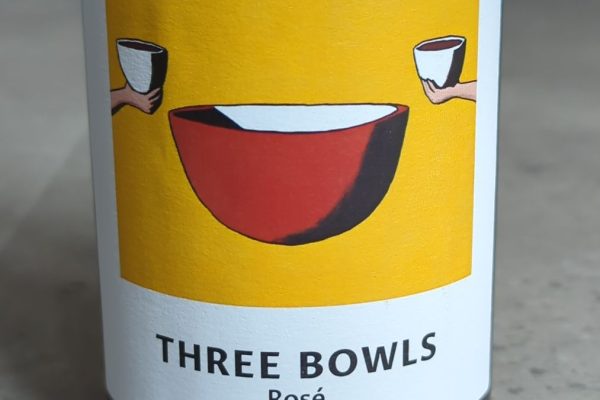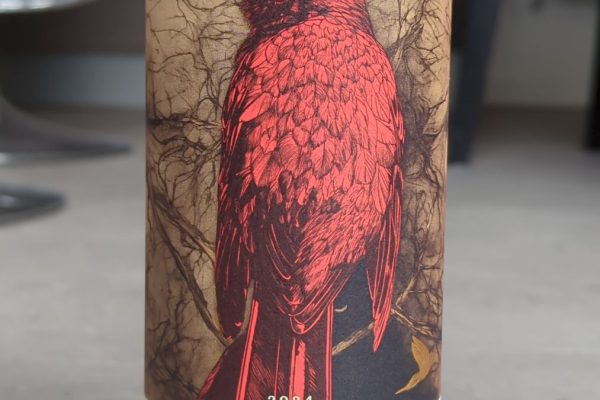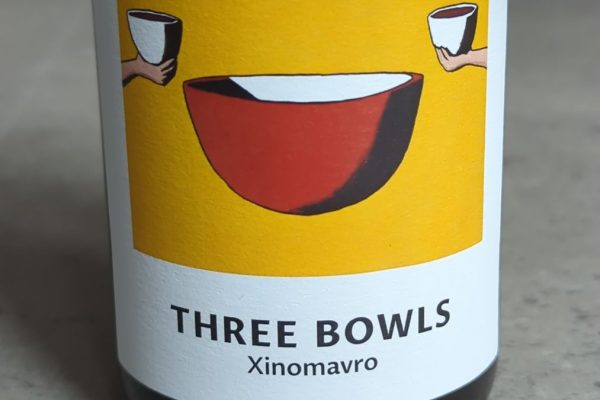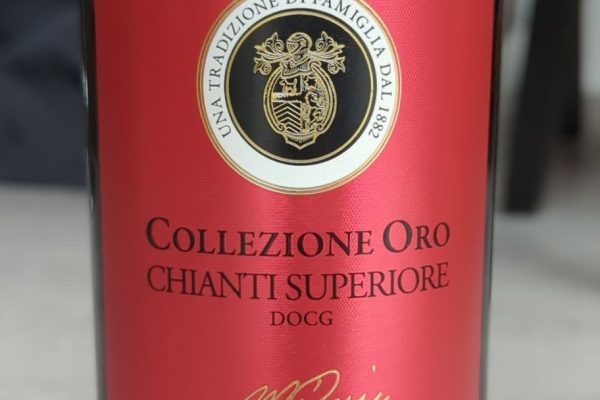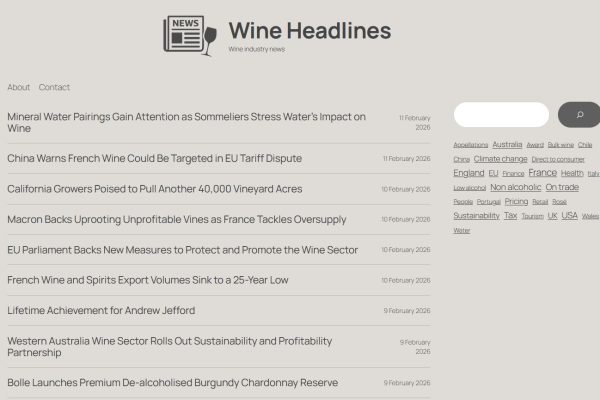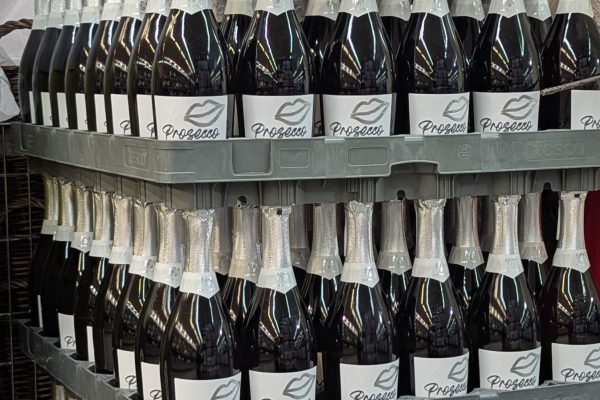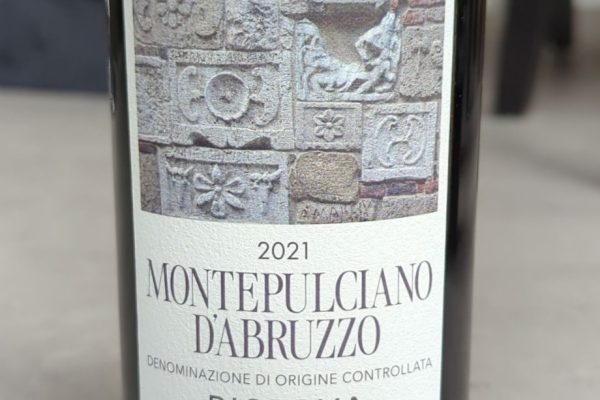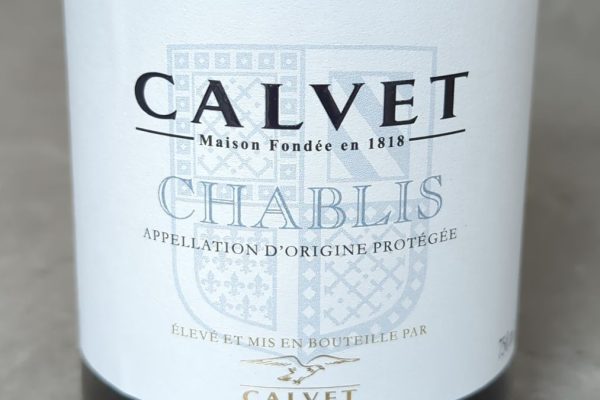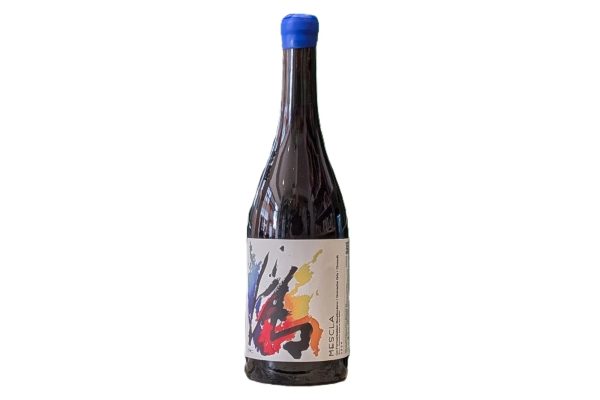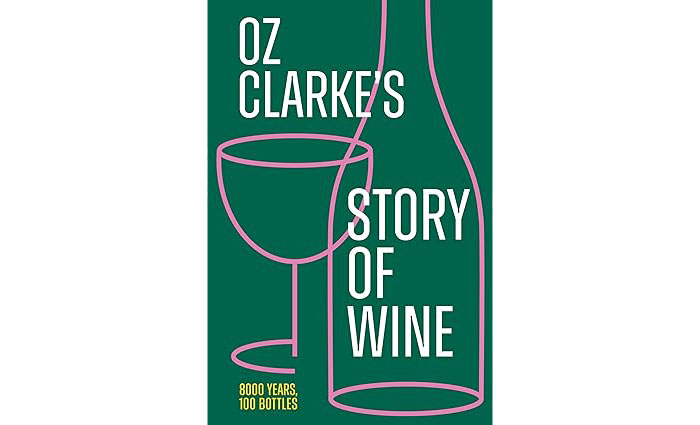
‘Oz Clarke’s Story of Wine: 8000 Years, 100 Bottles’ is an engaging and informative read that offers a unique perspective on the history and evolution of wine. This new edition, previously titled ‘The History of Wine in 100 Bottles’, better reflects the focus of being a story-driven approach rather than a conventional historical narrative. The change in title is apt, as the book is less about dry historical facts and more about the captivating tales and anecdotes from different periods in the world of wine.
The book is structured around years or periods, with each segment covering approximately two pages of text accompanied by vivid colour photographs. This layout is a refreshing change from many other wine books that tend to be heavily text-oriented. The self-contained nature of each date or period makes the book exceptionally reader-friendly. You can embark on the journey in any order – backwards for a contemporary understanding, forwards from the beginning for a chronological experience, or even randomly, making it a versatile read.
The book masterfully covers a wide array of topics: innovations, discoveries, techniques, renowned personalities, brands, geographies, and challenges, to name a few. It’s a treasure trove for both casual enthusiasts and seasoned connoisseurs, providing insights into familiar wines and brands, detailing the technical breakthroughs that have shaped modern winemaking and introducing the influential figures in the industry.
One of the book’s strengths lies in its ability to illuminate perhaps less obvious aspects of the wine world, especially for those new to wine. For instance, it explains how the Portuguese Douro area, traditionally known for Port, only relatively recently in 1952, began producing quality red wines. It mentions the evolution of varietal (grape) labelling, a practice initiated by the New World and now widely adopted globally, was used to help consumers predict the taste of their wine. The book also highlights how the widespread cultivation of Cabernet Sauvignon inspired regional winegrowers to experiment with their indigenous varieties.
At its core, Clarke’s book is a celebration of innovation in winemaking throughout the ages, chronicling how ambition and creativity have continually transformed the industry. However, it concludes with a sobering note on climate change, acknowledging its growing impact on the wine world, possibly overshadowing the role of innovation.
Spanning 320 pages and published by Pavilion Books, part of Harper Collins, Oz Clarke’s Story of Wine is available in hardback, eBook and audio formats.




